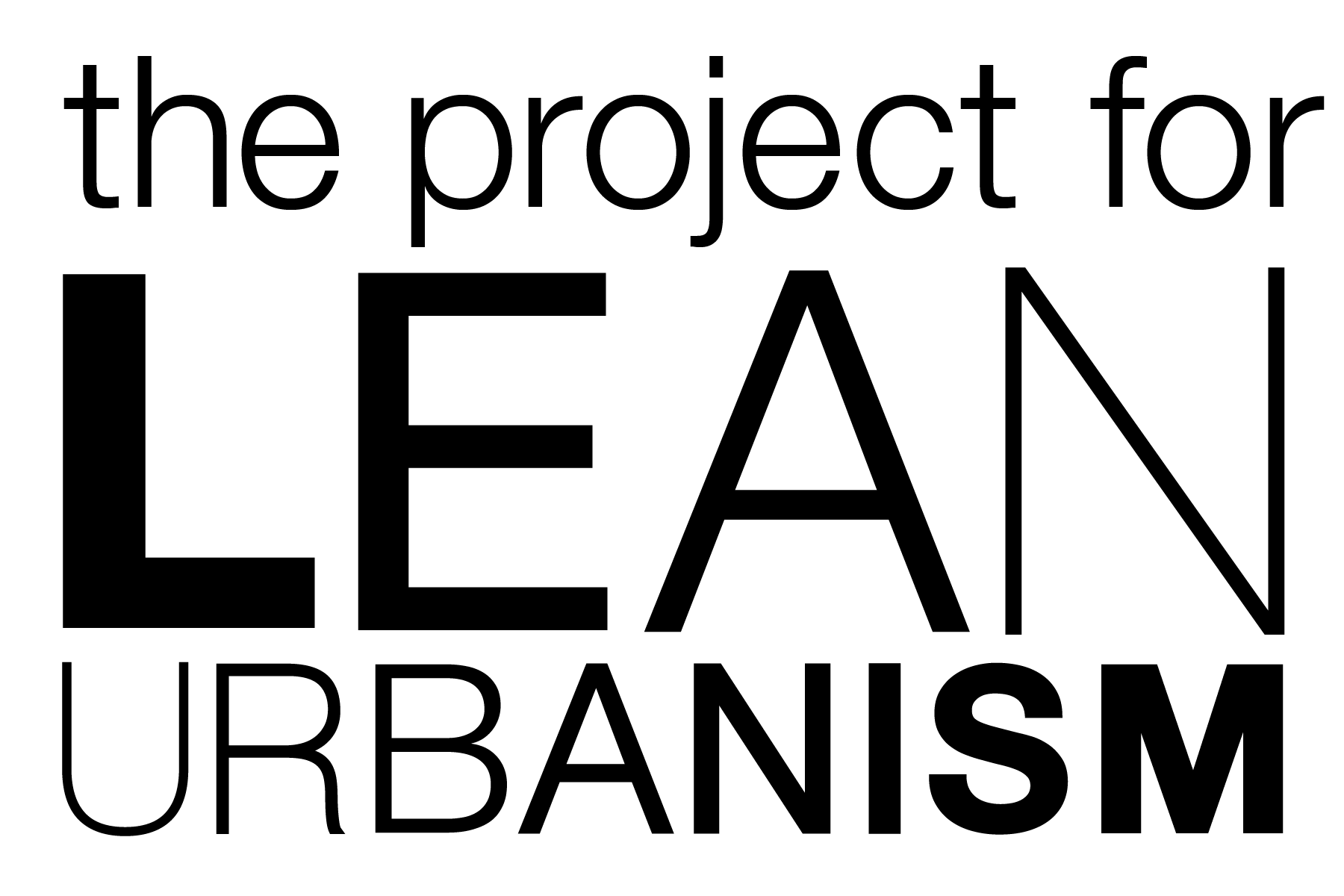Hank Dittmar is a global sustainability authority and urbanist, advising governments, companies and communities all over the world on making cities and towns more liveable and resilient.
He was Chief Executive for The Prince's Foundation for Building Community from 2005-2013. Prior to that, Hank was Founding President and CEO of Reconnecting America, and was Chairman of the Congress for the New Urbanism from 2003-2008. He has been the head of a U.S.-based foundation, a regional planner, an airport director, and an outreach worker with street gangs in Chicago's inner city.
A Senior Research Associate at the University of Oxford's Department for Continuing Education, he is the author of the 2008 book Transport and Neighbourhoods (Edge Futures/Black Dog, 2008), and co-author and editor of New Transit Town – Best Practices in Transit Oriented Development (Island Press, 2004).
The Pink Zone is a powerful tool for concentrating resources on the task of enabling small-scale, community-centered development and revitalization. It defines an area of focus, leverages a suite of available tools, and provides a platform for the community to gather resources, make commitments, and work together on projects that enhance community character and allow existing businesses and residents to remain and profit from the improved quality of life. The Pink Zone tool will be developed and refined in a series of pilot projects, and then released to the public.
read more
The Lean Scan is one of the key tools of the Project for Lean Urbanism. It is a method for uncovering hidden assets and opportunities within a neighborhood, district, corridor or town, and for identifying why those assets are underutilized. The Lean Scan will be deployed in a series of pilot projects to be tested and refined in before being released to the public as a free tool.
read more
England’s Coalition government has introduced the concept of localism and seeks to allow communities and neighbourhoods to opt into the formerly topdown planning and development system. These powers may be a useful blueprint for the Project for Lean Urbanism, and it is hoped that certain ideas can be reframed to be of use for “leaning” the building process in the United States.
read more
